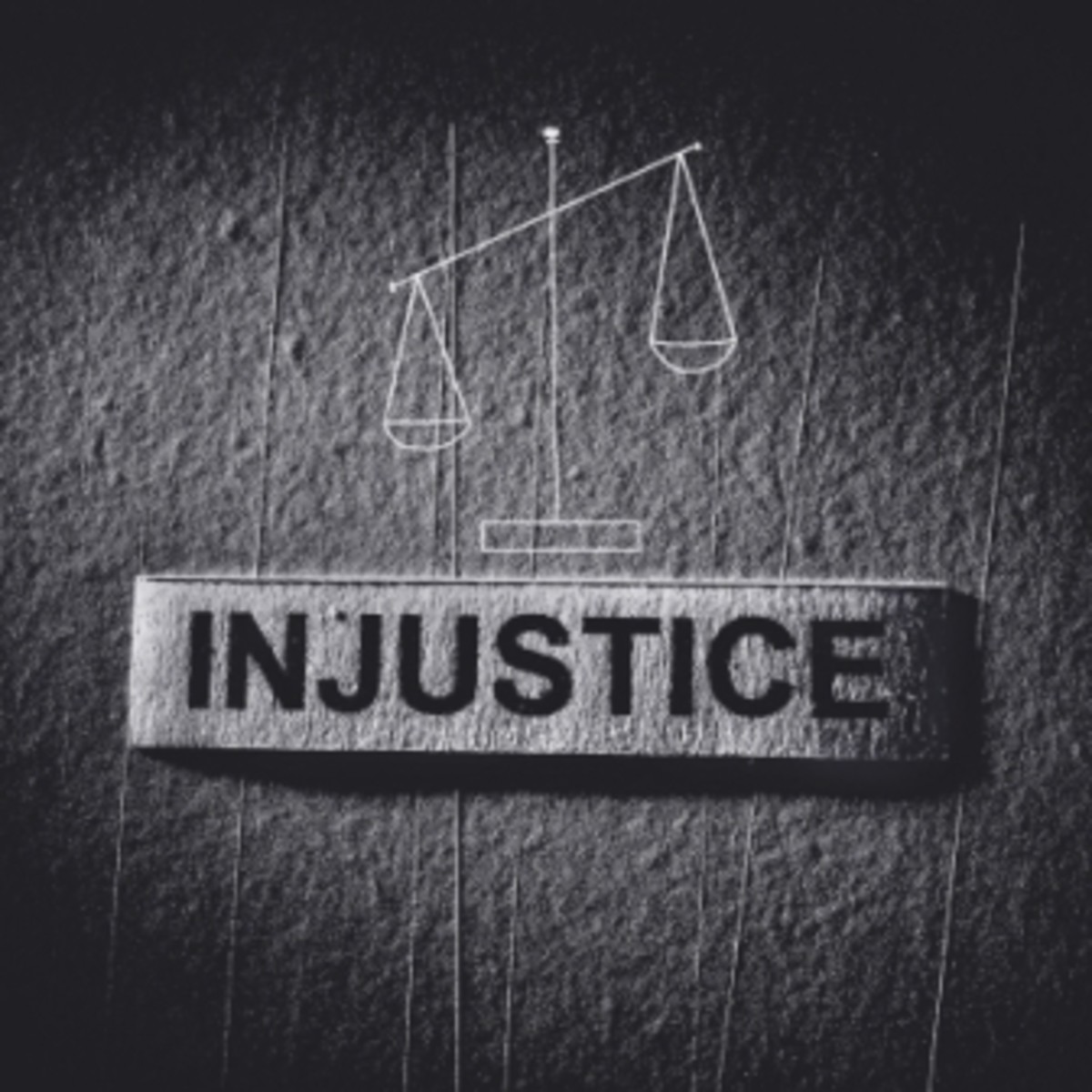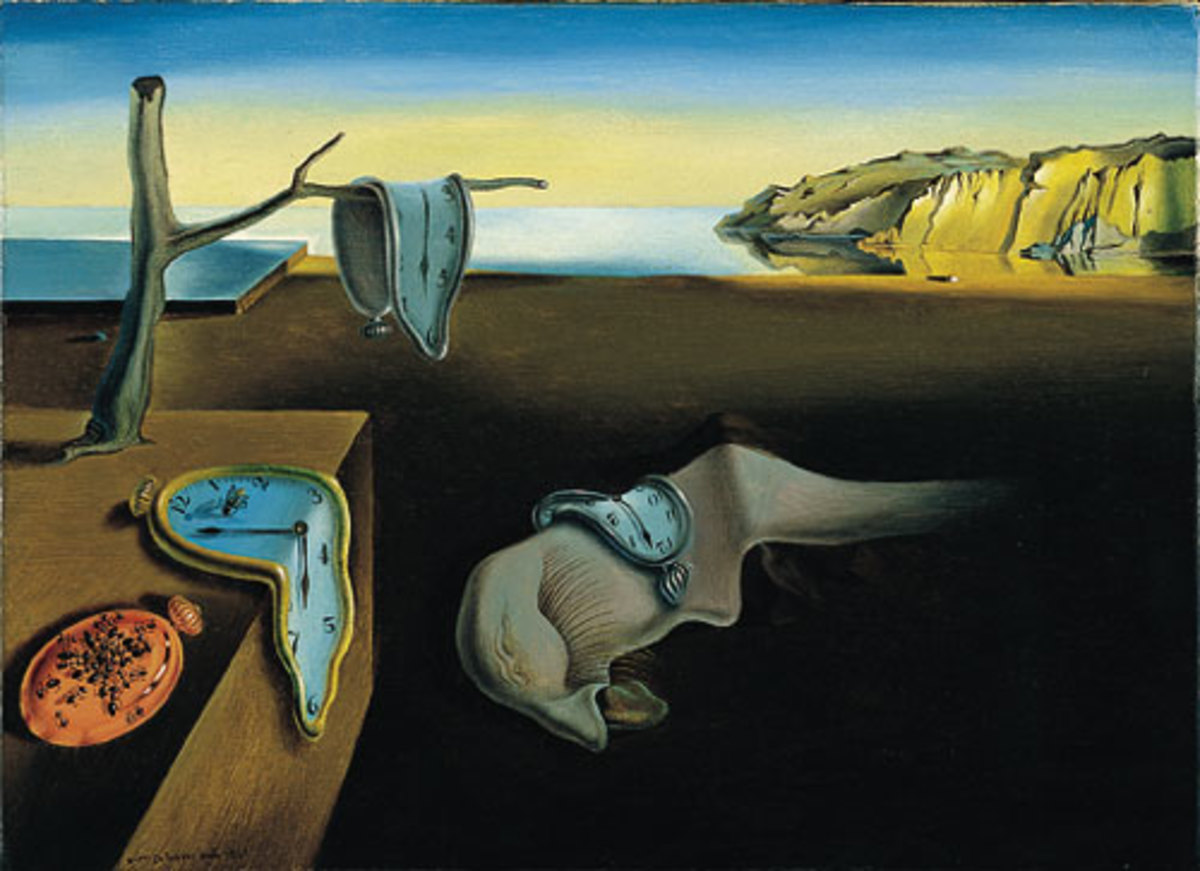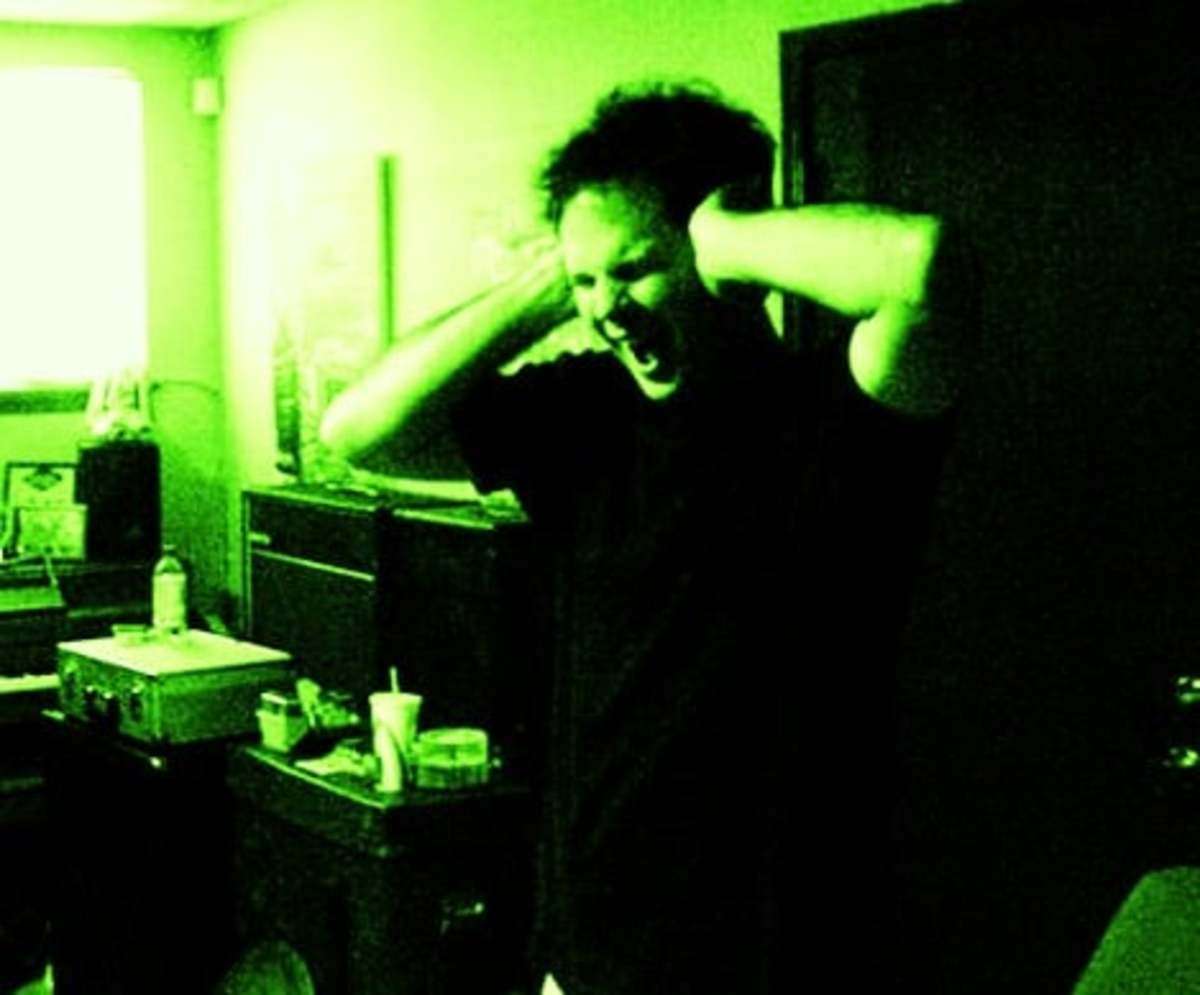Diagnosis of Mental Health Problems

Making a Correct Mental Health Diagnosis
Writing about certain aspects of psychological and psychiatric diagnosis, I am reminded of the practice of school systems in my locale permitting teachers with bachelor's degrees in education to diagnose Attention Deficit and Attention Deficit Hyperactivity Disorders for a decade or fifteen years.
They were also permitted to change dosages of related medications prescribed for these youngsters in grade K-5. None of this had good results.
The problem for that fifteen years is that by state law, these teachers practiced psychiatry and psychology without a license. Further, many of their diagnoses were incorrect. In addition, they went beyond medication adjustment and prescribed adjuncts such as "no physical activity, physical education, or sports", "no recess", and "no breaks." Many children's behaviors became worse rather than better, and their report cards showed declining grades. More children began attending summer school in order to retake classes.
Physicians and mental health specialists attending these children handled by the teachers mentioned above were incredulous. Many of these professionals complained to various authorities. The families of these students were caught in what seemed like a war.
In the end, it cannot be overstated that a mental health diagnosis needs to be made by a properly trained and licensed or certified individual that has a proven track record of competence in mental health diagnosis and treatment.
Inaccurate Information Is a Diagnosis of Doom
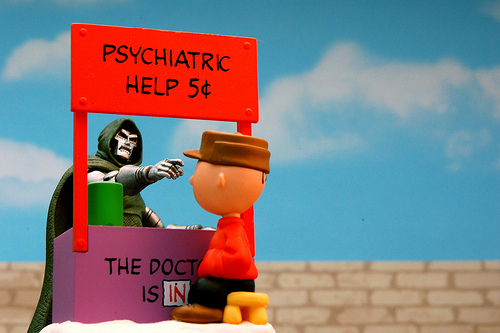
Diagnosis Requires Investigation
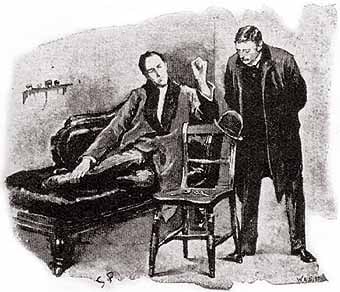
The Full Diagnosis - Thorough and Accurate
Another quality of a good mental health diagnostician and therapist is the ability and willingness to work with the patient or client and the family in order to reach the best result.
Families and patients often have important input that can help the professionals on the case and this seems especially true for ADD/ADHD and Autism Spectrum Disorders (ASD); the recognition and treatment or management of both of which have been steadily and consistently advanced by caring parents.
At the same time, the experienced mental health professional will recognize cases in which some family member wants to label their patient with a diagnosis that is not at all correct. The resons for this must be sorted, but families and patients must work with the professional and allow the therapist to be the therapist. If a family feels that their child has been misdiagnosed, then a second opinion should be welcomed by all involved. Soemtimes, we need to change mental health providers.
Shortcuts Cannot Be Taken
- How to Write a Mental Health Assessment for a Client
What is a Mental Health Assessment and which professionals can complete it? What is it used for, exactly? Is a 15-minute assessment accurate at all? - Ohio revised Code (Law) 5122-29-04 Mental Health Assessment Service.
Mental health assessment is a clinical evaluation provided by an eligible individual...
Professional Assessment Eligibility
The above link leads to a thorough explanation of the process toward reaching a mental health diagnosis, based on a complete assessment that takes several steps. Further, only certain trained professionals may legally perform a mental health assessment, based on state licensing and oversight boards.
In Ohio, those that may perform mental health assessments, mental heath treatments, and even hypnosis are limited to:
- Psychiatrists - MDs and DOs; also, any MD and any DO (all of these are eligible to prescribe medications; psychologists are not trained or permitted to do so).
- Psychologists - PhDs and PsyDs; and Licensed School Psychologists
- Psychology Assistants, Aides, Fellows, Interns, Residents, Postdocs, and Trainees under required Supervision
- Licensed or Certified Counselors and Counselor Trainees
- Marriage and Family Therapists
- Physician Assistants (permitted to do assessments; are not permitted to do counseling/therapy)
- Registered Nurses, Nurse Practitioners, Clinical Nurses; also, any MSN
- Social Workers and Trainees
Chek out your own state laws that govern Mental Health Services under your state's Department of Mental Health.
Legally Eligible Professionals
- Ohio Revised Code 5122-29-30: Eligible Providers and Supervisors.
Who may do mental health assessment, diagnosis, and treatment, along with other mental health services.
Alert Number One
Previous to the diagnostic mental health manual known as DSM-V (officially takes effect in May 2013) for America, previous versions required diagnoses to be placed onto clearly defined Axes I, II, III, IV, and V, each Axis declaring a certain classification of conditions and/or R/O, the Rule Outs. Rule Outs, oversimplified, are conditions that have some or many of the features of the diagnosed condition and bear mentioning.
In DSM-V, there are no Axes:
DSM-5 will move to a nonaxial documentation of diagnosis, combining the former Axes I, II, and III, with separate notations for psychosocial and contextual factors (formerly Axis IV) and disability (formerly Axis V).- American Psychology Association
In DSM-V, Autism is handled differently:
“Autism criteria will incorporate several diagnoses from DSM-IV including autistic disorder, Asperger’s disorder, childhood disintegrative disorder and pervasive developmental disorder (not otherwise specified) into the diagnosis of autism spectrum disorder for DSM-5 to help more accurately and consistently diagnose children with autism,” - APA
For additional disorders added in 2013 and for other changes, see HERE.
It is important that after May 2013, that mental health professionals use the DSM-V and eliminate older editions of the diagnostic manual. They will be incorrect and will lead to insurance coverge problems stemming from incorrect/outdated diagnoses and condition names, and other issues. More about DSM changes:

Alert Number Two
Readers can see a variety of articles about mental health diagnosis on the Internet and some are useful,written by doctors, nurses, counselors, social workers, professional scientific writers, and similar eligible people. Other articles are written by individuals experiencing mental health conditions and offer their insights into their conditions and treatment - these can be quite enlightening.
Another segment of articles on mental health diagnosis are harmful in their misinformation and in their authorship by untrained/uncertified persons that do not understand or perform diagnoses professionally. Some of these contributors see a few - or even many - symptoms of a disorder they have read or heard about and immediately label someone else with that malady. They do not realize that many conditions overlap and can mimic one another, that physical illnesses can look like mental health problems and visa versa, and that it requires specialized training in order to make a correct diagnosis. Even then, sometimes a diagnosis is incorrect.
We readers can be discerning and realize that for writers untrained and unlicensed in mental health professions, perhaps using outdated versions of the DSM and not realizing a new edition was published, and/or copying and pasting a whole entry on a mental health condition(s) from the copyrighted manual or the APA website, and/or suggesting that a third party has "_______" condition is at best unethical and copyright violations are illegal.
If these writers suspect a friend or associate has a certain condition, they may be correct to some extent and they can make a suggestion to that person (or the family in case of a child) to see a professional; if a person becomes violent and begins harming himself or others, then emergency medical or police intervention must be called; but labeling someone in writing on the Interent, instead, is not good. The reality show movement seems to have inserted itself into mental health diagnosis and treatment.
© 2013 Patty Inglish MS




